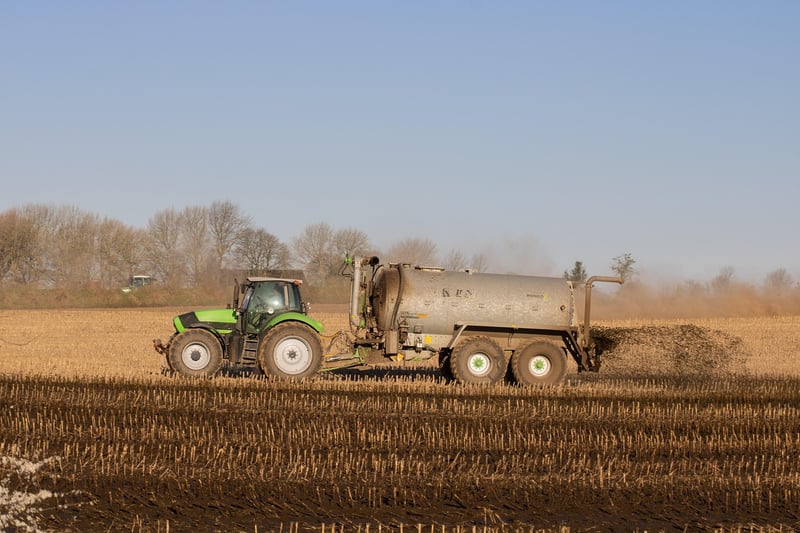Fertilizing Methods
Nurturing Plants: Fertilizing Methods and Tips
The Importance of Fertilizing
Proper fertilization is crucial for the health and growth of your plants. It provides essential nutrients that may be lacking in the soil, promoting strong roots, vibrant foliage, and bountiful blooms.
Types of Fertilizers
There are two main types of fertilizers: organic and synthetic. Organic fertilizers are derived from natural sources like compost, manure, or bone meal. Synthetic fertilizers are manufactured chemically to provide specific nutrients.
When to Fertilize
Plants have different nutritional needs at various stages of growth. Fertilize established plants during their active growing season, typically in spring and summer. Avoid fertilizing dormant or stressed plants.
Methods of Fertilizing
1. Top-Dressing
Top-dressing involves sprinkling fertilizer on the soil surface around the plant. Gently work the fertilizer into the top layer of soil without disturbing the roots.
2. Liquid Fertilizers
Liquid fertilizers are diluted in water and applied directly to the plant's roots. They are quickly absorbed, making them ideal for providing a quick nutrient boost.
3. Slow-Release Granular Fertilizers
Granular fertilizers release nutrients gradually over time. They are applied to the soil and provide a steady supply of nutrients to the plant.
General Tips for Fertilizing
- Follow the manufacturer's instructions for proper application.
- Avoid over-fertilizing, as it can harm plants.
- Water plants after fertilizing to help nutrients reach the roots.
- Consider conducting a soil test to determine specific nutrient deficiencies.
Conclusion
By understanding the different fertilizing methods and following proper techniques, you can ensure that your plants receive the nutrients they need to thrive. Remember to choose the right type of fertilizer for your plants and fertilize at the appropriate times to support healthy growth.

